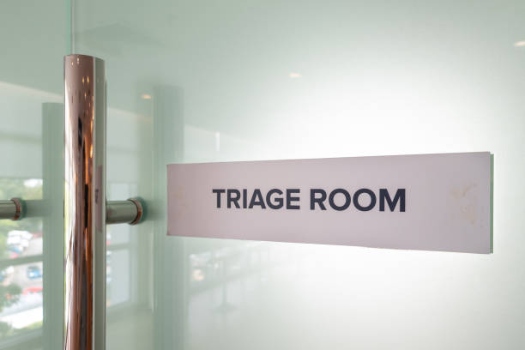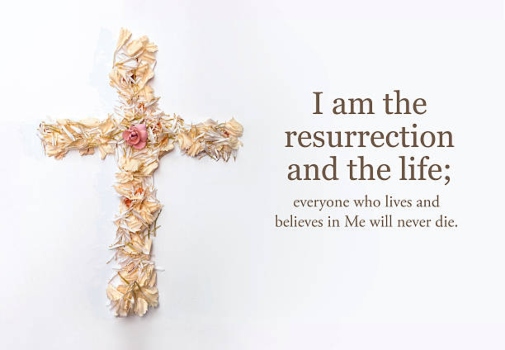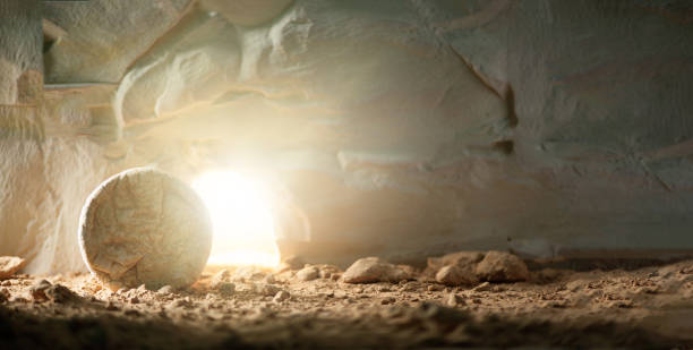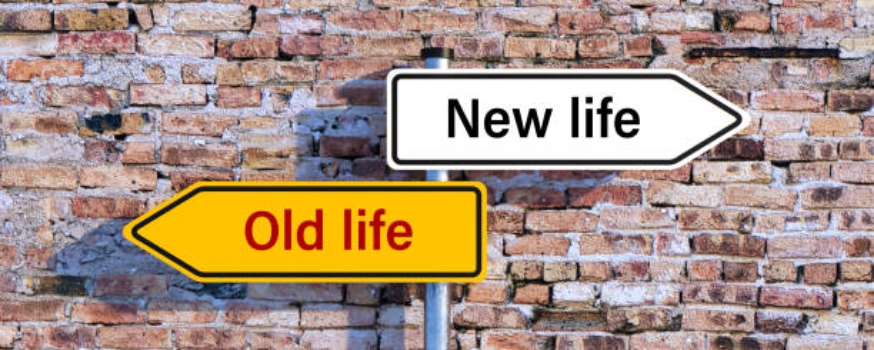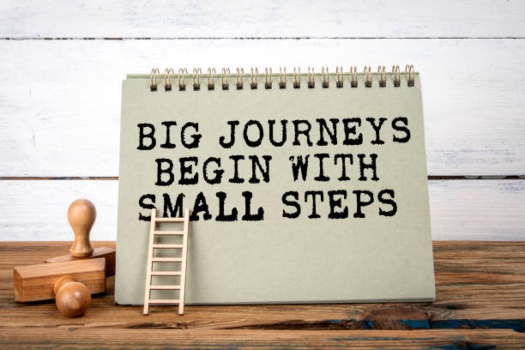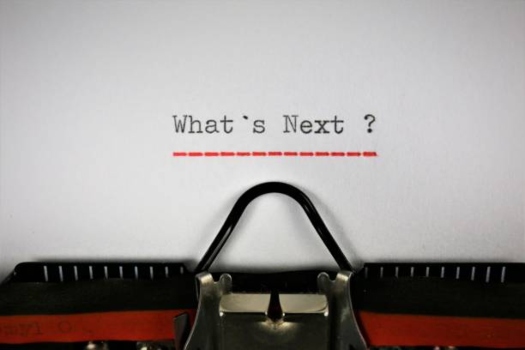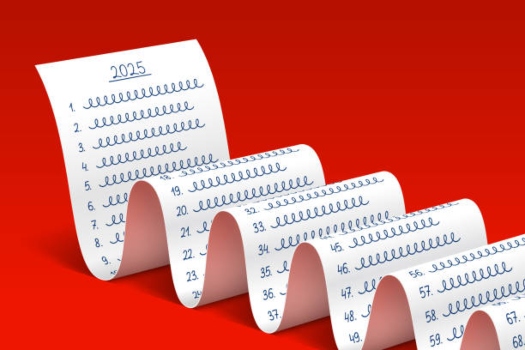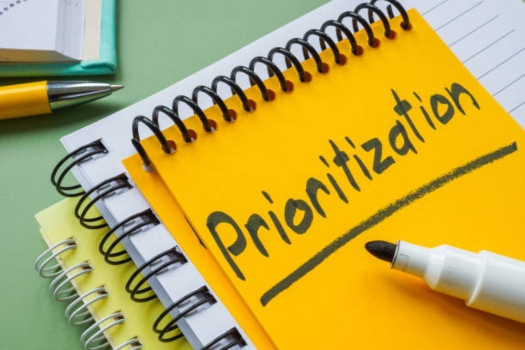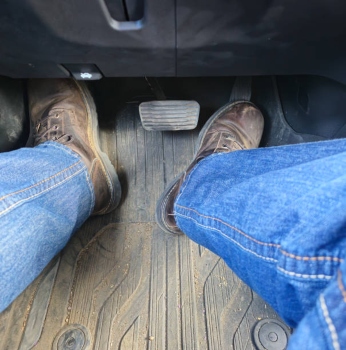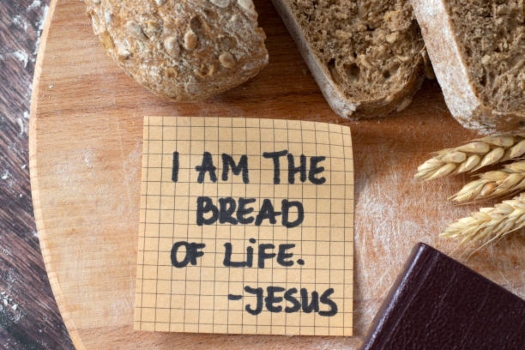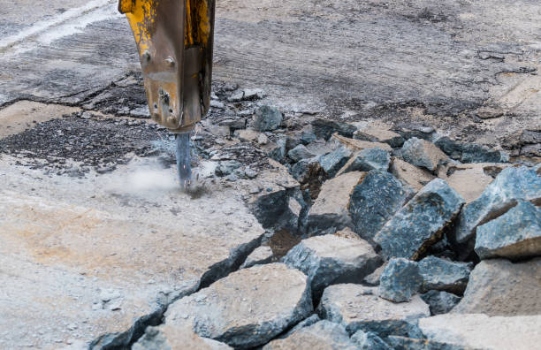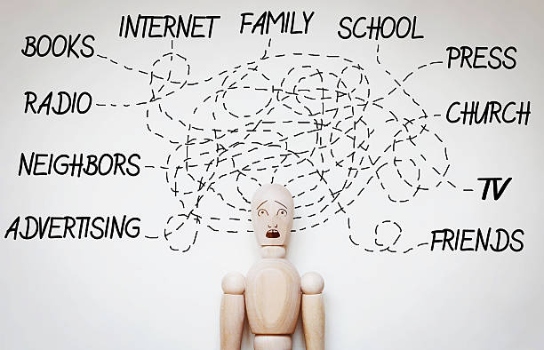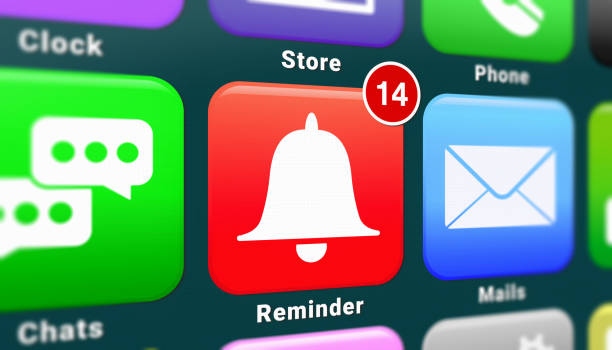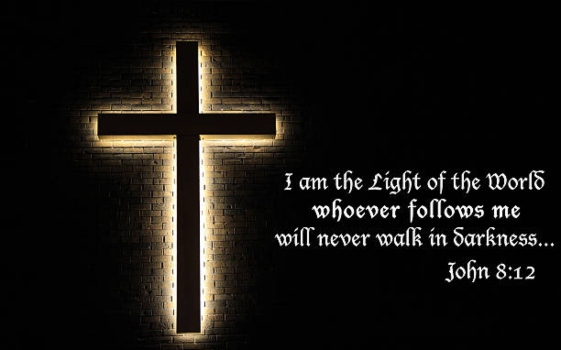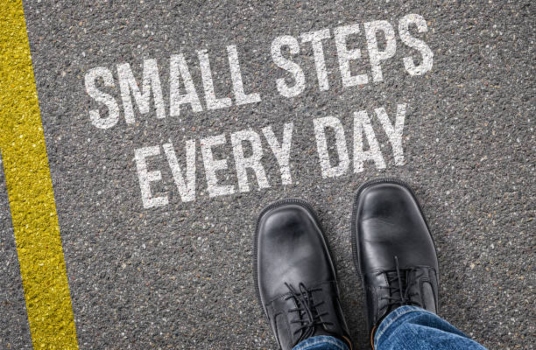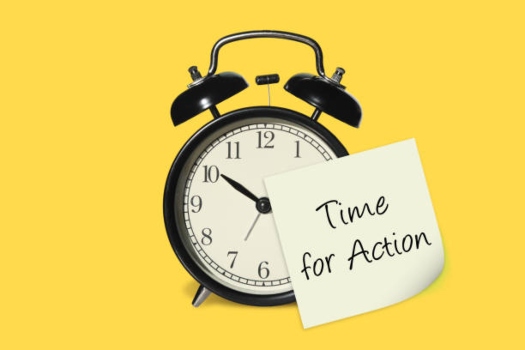We Can Choose to Believe This or Not
Choice is a superpower that too often gets overlooked and under used. We’ve been given free will, but more often than not, we ignore it. Too much of the time we get sucked into the perspective that this is the life I have, and I just have to deal with it.
One of the things about being human is that God has given us the ability to choose. Some may refer to this as the power of choice, but no matter how you define it, we all have free will.

When you look at what the Bible says about free will, you discover that we have the right and the ability to choose the direction we will go and what we will do. This power to choose is not something that should be considered lightly.
The power to choose is the reality there are consequences for your choices.
While many love the freedom that comes with free will and the power of choice, sometimes people don’t always want to own the ramifications that come with it.
With this reality, we need to consider what the consequences might be when making decisions. Especially when these decisions are regarding eternal life.

We can choose to believe that there is no eternal life. This choice can remove some of the pressure in our daily decisions. But what if we are going to live forever? Is this worth taking the risk of spending eternity in hell?
Looking at things from a worldly perspective removes some of the pressure of the consequences.
Looking at things from a Christ-centered perspective changes that.
In John 14:1-6, Jesus is telling His followers to trust in God and in Him. He is going to prepare a place for us, and we know the way to that place. Then from a worldly view, Thomas asks, “Lord, we don’t know where you are going. How can we know the way?” Old Thomas sure needed a lot of proof. But don’t we all?
Then Jesus goes on to say,
“I am the way, the truth, and the life. No one comes to the Father except through me.
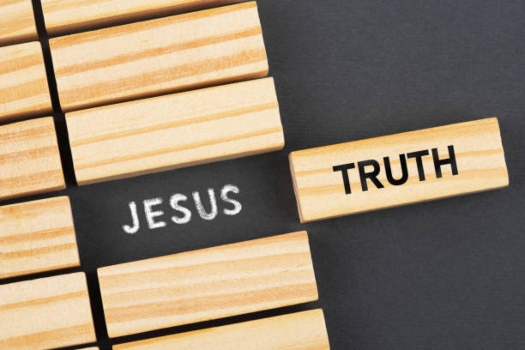
He didn’t say, “I am a way, a truth and a life. You can make it to God and eternity in Heaven in a whole bunch of different ways. Just pick one that works for you.”
There is no other way, no other truth, no other life.
One of the 7 Decisions in Andy Andrews book The Traveler’s Gift is the Certain Decision: I will have a decided heart.
“Truth is truth. If a thousand people believe something foolish, it is still foolish! Truth is never dependent upon consensus of opinion. I have found that is better to be alone and acting upon the truth in my heart than to follow a gaggle of silly geese doomed to mediocrity.”
I like how Andy makes this point in his book.
Things can be true and still not be “THE TRUTH”.
We encounter things every day that may be true, but not the TRUTH. When it comes to life we can choose what we believe and how we will live. These choices will have consequences.
For me … I’m going to believe that Jesus is THE ONLY WAY, THE ONLY TRUTH AND THE ONLY LIFE.







